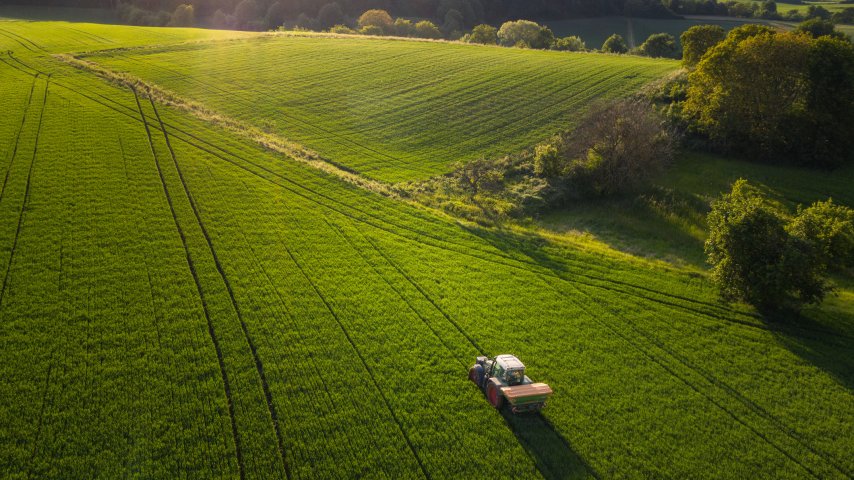Reading Time: 5minutes
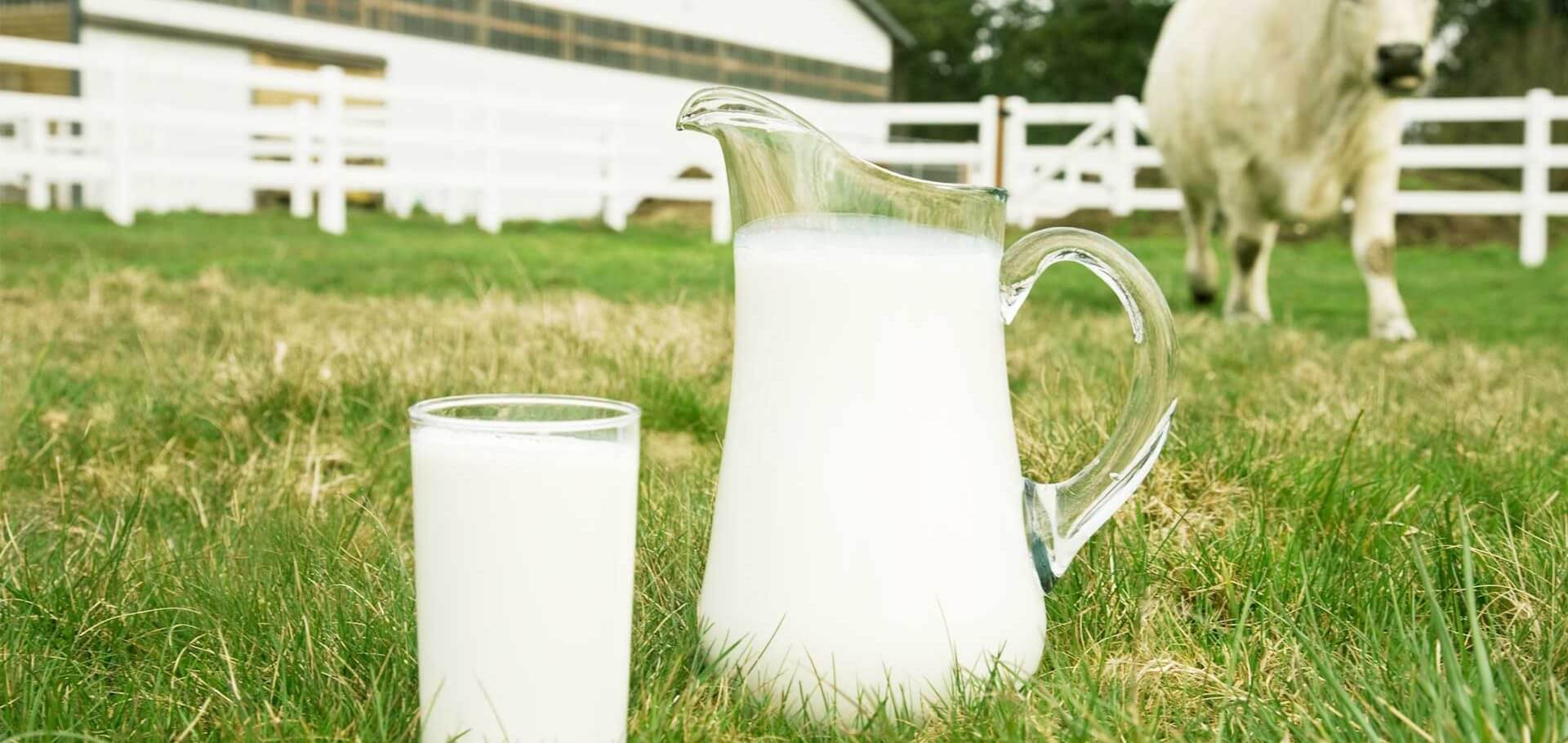
Table of Contents
As the global population surges, so does the demand for protein-rich diets. This increase in demand has led to concerns about the environmental impact of dairy farming, particularly regarding the greenhouse gases (GHG) emitted by cows. Addressing these twin challenges, the Ajinomoto Group has embarked on a collaboration with the Meiji Group to create a new business model that leverages Japan’s J-Credit Scheme to reduce GHG emissions while generating economic value in the dairy industry. Based on the success of this initiative, the Ajinomoto Group is now planning similar partnerships globally.
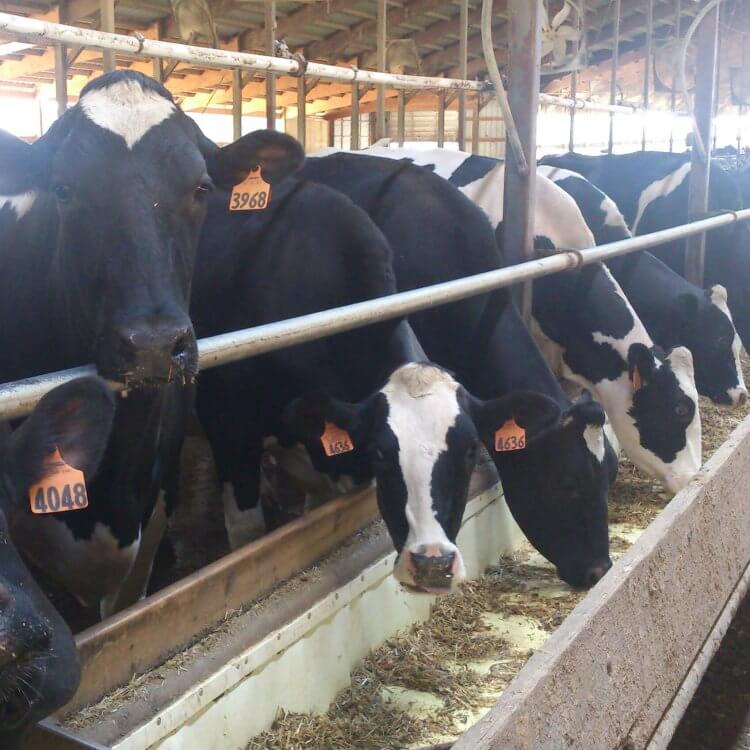
The Challenges of Sustainable Dairy Farming
Cows emit GHGs as part of their natural digestive processes, and these are estimated to amount to as much as 3%* of global GHG emissions. Meanwhile, rising feed prices pose an economic challenge, this has prompted dairy farmers and dairy product manufacturers to seek ways to mitigate their environmental footprint while maintaining cost performance.
The Ajinomoto Group’s AjiProTM-L product can be a key element of such efforts. AjiProTM-L is the world’s best rumen-protected lysine for dairy cows. AjiProTM-L’s raw materials are naturally derived, with lysine sourced from corn components through microbial fermentation and plant oils derived from soybeans. Formulation of lysine, which is the amino acid most deficient in dairy cows, can improve the health of dairy cows and increase milk yield, while also contributing to reducing feed costs. And AjiProTM-L helps reduce excess nitrogen emissions from manure, contributing to a reduction of N2O, one of the GHGs.
*"Sustainable Dairy-Contributing to SDGs" (Author: Junko Kimura, Choji Nakamura Planning and Editorial: J-Milk 2022)
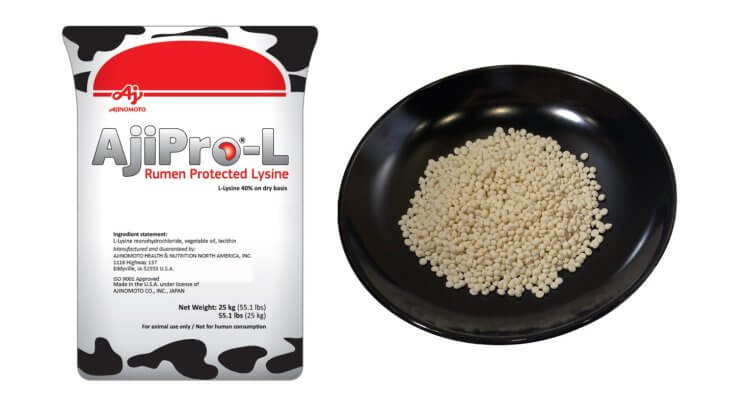
Ajinomoto Group research on lysine, an essential amino acid lacking in dairy cows, began in the 1990s. In 2011, AjiProTM-L was launched in North America, where dairy nutrition approaches and farming practices were advanced and demand was high. Subsequently, the product was rolled out to Japan and other markets.
AjiProTM-L was subsequently enhanced, improving its lysine absorption efficiency to 1.6 times that of the original product, and it has become an industry leader. Feedback from dairy farmers have indicated enhanced cow health, increased productivity, and reduced feed costs.
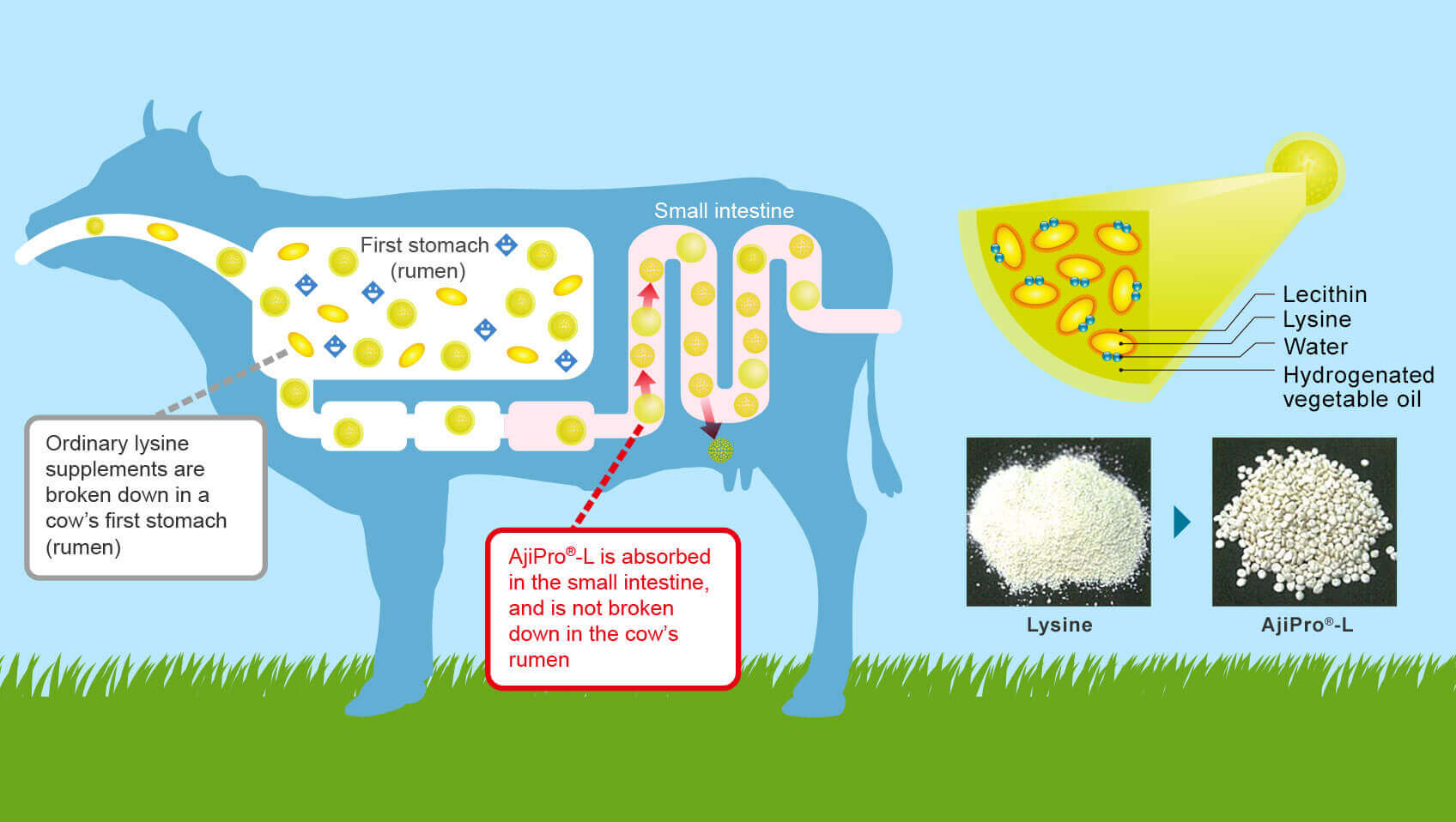
Implementing the J-Credit Scheme
The Group established the Customized Feed Solution (CFS) Department of Ajinomoto Co., Inc. in 2021 to discover new ways of delivering value to the customers. That’s when the team realized the opportunity represented by the Japanese government’s J-Credit Scheme, which allows the trading of GHG reduction and absorption credits. The implementation of the system requires extensive learning, teamwork, and collaboration with external experts, but can be a way to work with farmers the important goal of reducing environmental footprint.
The Group then proposed a strategic partnership with the Meiji Group, a leading Japan dairy manufacturer, and the partners created Japan’s first dairy J-Credit Scheme project in March 2023. Shohei Takeuchi, General Manager of the Strategy Execution Group of the CFS commented: “The Meiji Group and the Ajinomoto Group share the same aspirations, and as partners have been able to overcome the various challenges of this project.”
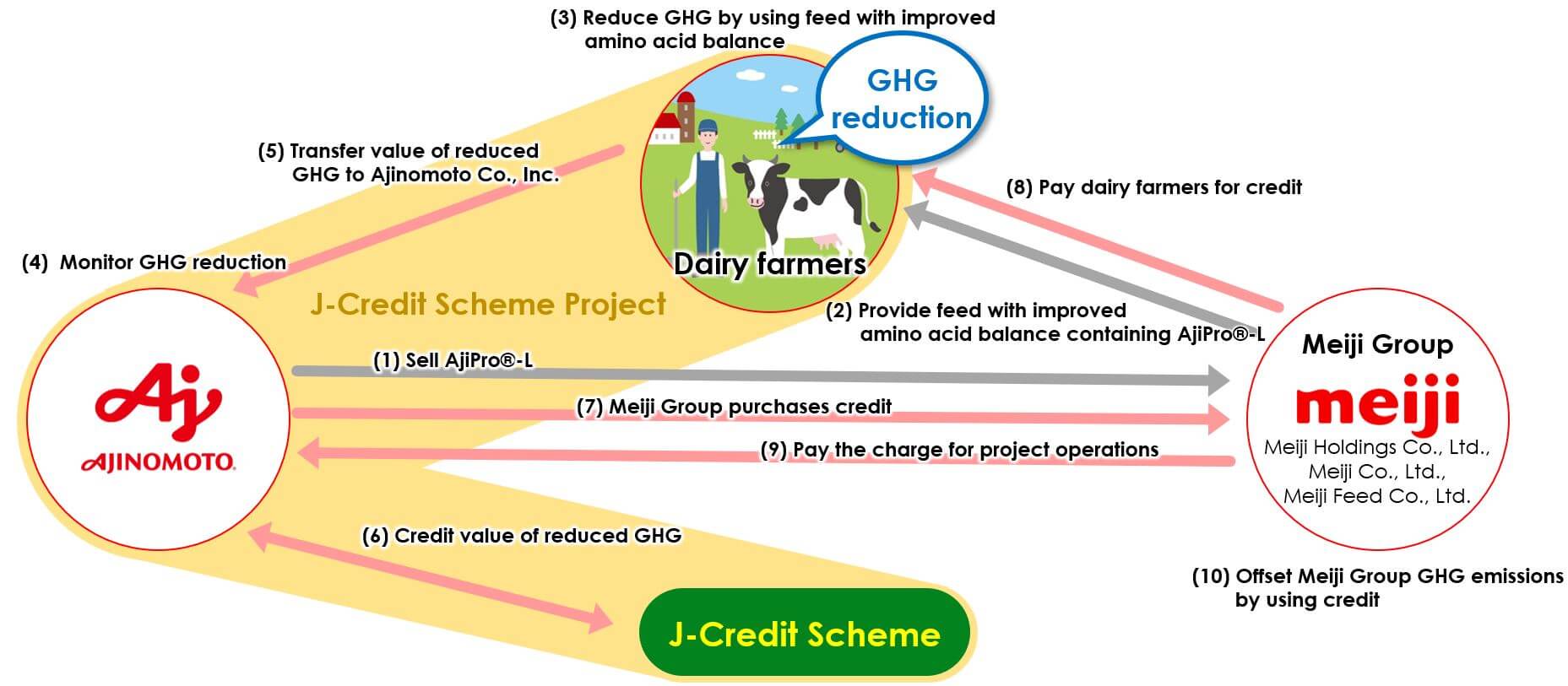
Using the J-Credit Scheme to simultaneously reduce GHG emissions and creates economic value
Benefits for Dairy Farmers, the Meiji Group, the Ajinomoto Group, People, and Cows
For dairy farmers, AjiProTM-L reduces feed costs without significant investment, resulting in increased profitability. Furthermore, the reduction in GHG emissions translates into financial incentives. Positive feedback included a comment from one farmer about the smell of his barn improving after implementation of the product.
The dairy industry is addressing strong pressure to reduce GHG emissions in the product supply chain. The initiative allows the Meiji Group, a major player in the industry, to support dairy farmers in adopting AjiProTM-L, reducing GHG emissions, and working toward carbon neutrality.
The Ajinomoto Group benefits from the model through increasing demand for AjiProTM-L as its environmental advantages are recognized. The project also aligns with the Ajinomoto Group Creating Shared Value (ASV) commitment to balancing economic and social value in aiming for sustainability.
AjiProTM-L makes for sustainable dairy farming, as Atsushi Haruno, Manager of the Strategy Execution Group of the CFS remarks: “AjiProTM-L is the most efficient product for farmers who wish to supply lysine to cows. And the data shows that AjiProTM-L contributes to reduction of N2O emission while reducing feed cost thanks to its high efficacy. In addition, the environmental footprint of dairy feed can be reduced by using AjiProTM-L, because the production and transportation of AjiProTM-L generate fewer GHG emissions compared to the ingredients conventionally used in dairy feed. ”

Haruno explaining the environmental and health benefits of AjiProTM-L
It’s a win for everyone. Takeuchi comments: “By moving toward more sustainable dairy and meat production, I believe the Ajinomoto Group is helping everyone live healthier and more sustainable lives.” Dairy products are essential to human nutrition, providing vital nutrients. And more sustainable dairy farming can also help in job creation and economic development.

Takeuchi explaining the positive impacts of the new initiative
Going Forward
Plans are in place to expand the initiative by recruiting more dairy farmers to participate, aiming to increase GHG reduction efforts. Additionally, the Ajinomoto Group is planning to introduce similar business models in global markets. The Ajinomoto Group is also proactively exploring partnerships with meat producers to apply the model to beef cattle.
Further, the Group is considering partnerships with methane reduction feed additive suppliers. While AjiProTM-L addresses N2O emissions, methane remains a significant GHG emitted by cows. The goal is to incorporate cost-effective methane reduction methods alongside AjiProTM-L, further reducing GHG emissions while minimizing economic burdens on dairy farmers.
Innovating Sustainability
The Ajinomoto Group’s journey towards more sustainable dairy farming is about innovation, collaboration, and a commitment to environmental stewardship. Leveraging partnerships with dairy manufactures, the Ajinomoto Group is working to make positive contributions to sustainable dairy farming, consumer welfare, and the environment.
The Ajinomoto Group’s ability to leverage amino acids to address a wide range of challenges truly sets it apart. Addressing the issue of sustainable food systems, this new initiative aligns with the Ajinomoto Group’s new Purpose: We will contribute to the well-being of all human beings, our society and our planet with “AminoScience*.”
*A collective term for the various materials, functions, technologies, and services derived from research and implementation processes with a rigorous focus on unlocking the power of amino acids. It also refers to the Ajinomoto Group’s unique scientific approach to connect these to resolving social issues and contributing to well-being.

Stories you may like

Modal Shift: a flexible logistics solution that eases truck driver shortages while reducing environmental impacts
- Amino Acids
- Environment
- Food & Wellness
- Health and Well-being
- Innovation
- Sustainability / SDGs

Achieving sustainability by building healthy, long-term relationships
- Amino Acids
- Environment
- Food & Wellness
- Health and Well-being
- Innovation
- Sustainability / SDGs

Completing the bio-cycle: AJI-NO-MOTO® co-products help to boost agricultural output
- Amino Acids
- Environment
- Food & Wellness
- Health and Well-being
- Innovation
- Sustainability / SDGs


